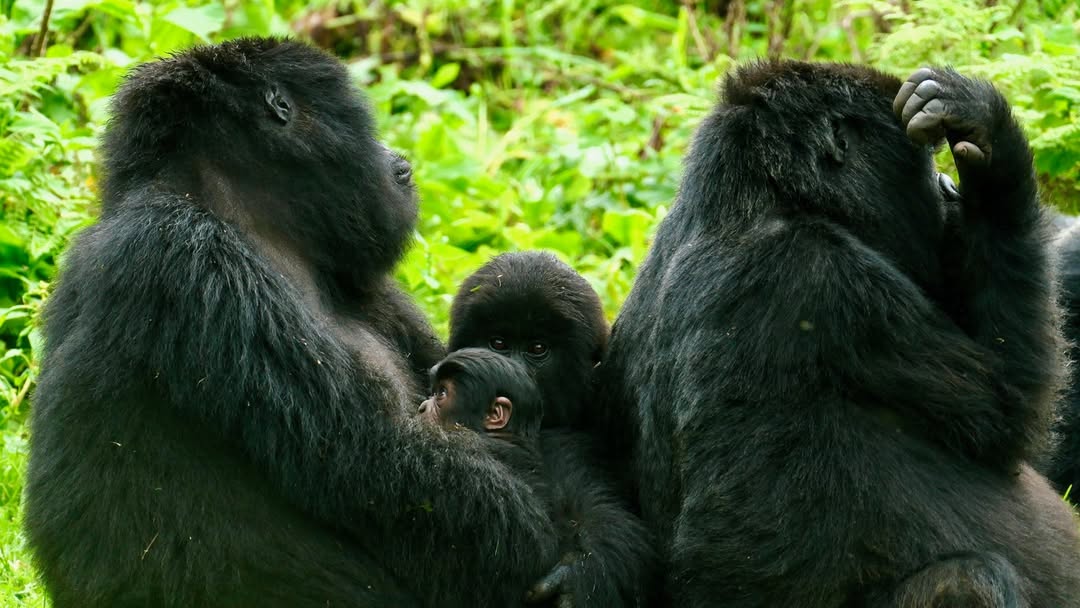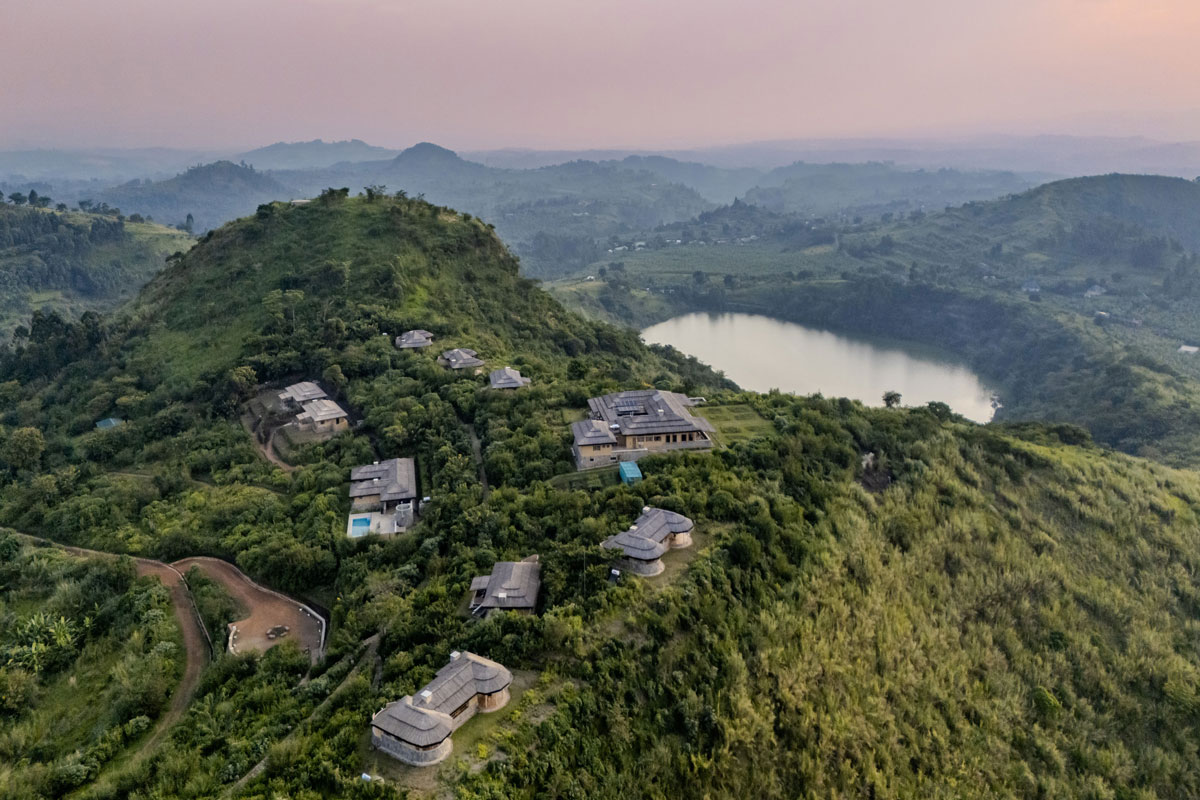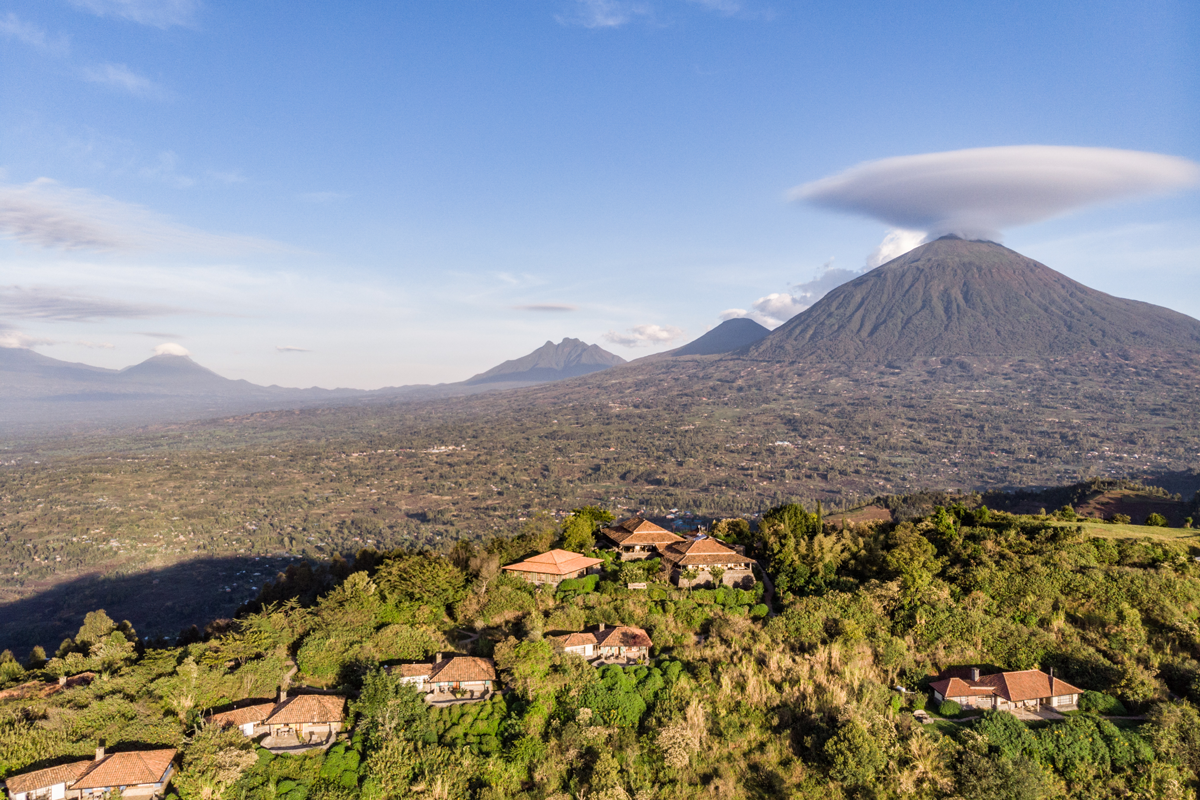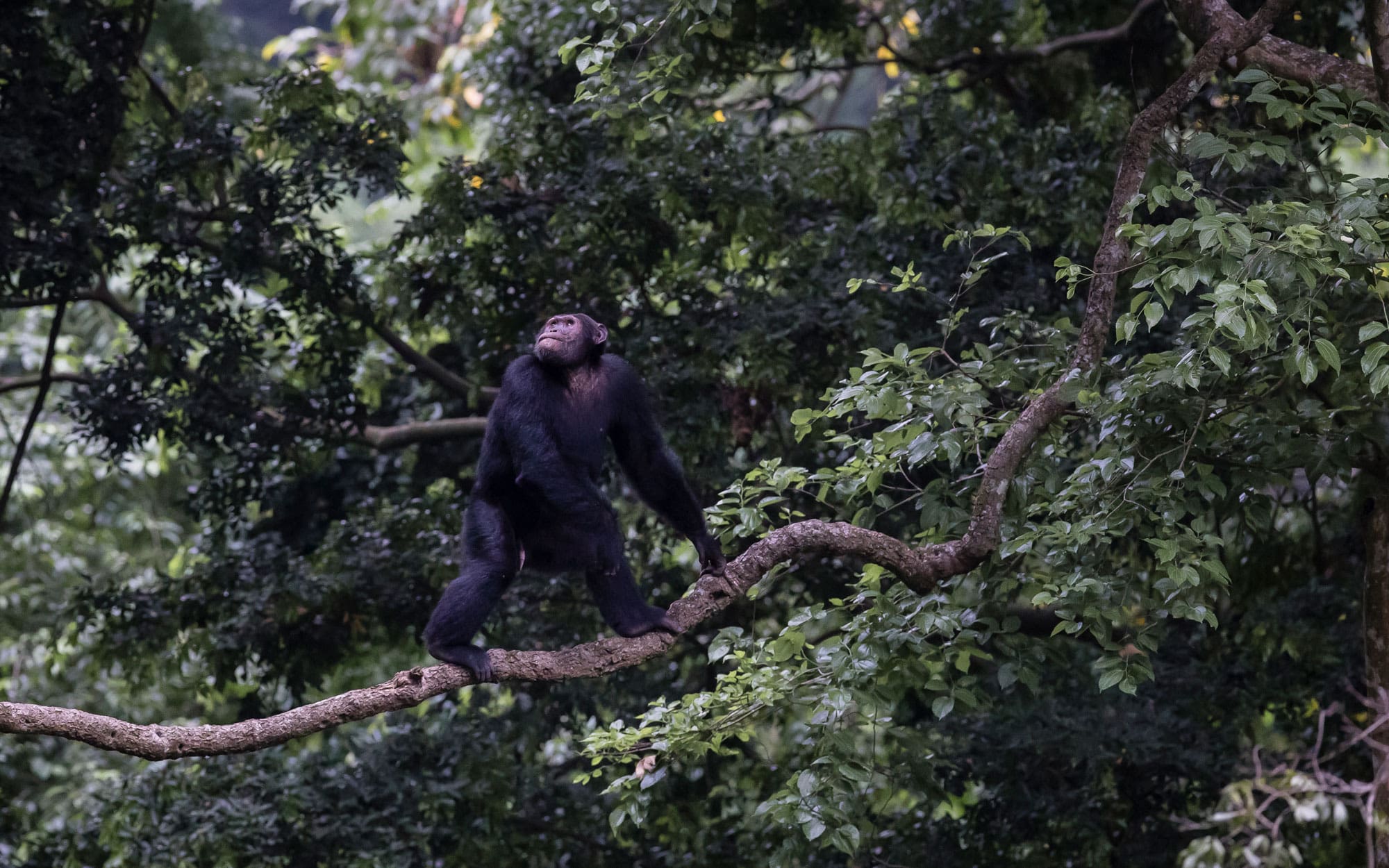The Volcanoes Safaris Partnership Trust, in association with Malaika Honey, has launched a beekeeping initiative near Kyambura Gorge on the southern boundary of Queen Elizabeth National Park.
The initiative is part of a series of projects that facilitate sustainable development in the local community while preserving the fragile habitat of Kyambura Gorge and the surrounding park. Fifteen people were invited to attend the training, which equips local farmers with the necessary skills to become commercial beekeepers through practical on-site training.
Malaika Honey, which actively pursues its corporate social responsibility program to mitigate poverty through beekeeping, research development and trade, provides farmers with a reliable market in honey and hive products.
The benefits of beekeeping are that honey is a low maintenance, high-income crop that is ecologically in keeping with the local environment and offers an alternative source of income to local farmers. Research also suggests that bees increase the quality and yield of crops by 30% and coffee, which is a predominant cash crop in Kyambura, by 50%. In addition, bees produce propolis, an immunity booster that provides relief for inflammations, viral diseases and acts as a natural antibiotic.
Furthermore, beehives are a natural deterrent to wildlife and can reduce human-wildlife conflict in areas where local communities abut the boundary of a conservation zone. Farmers can use beehive ‘fences’ to deter elephants from crop raiding because, despite their size, elephants are afraid of bees.
The goal of Volcanoes Safaris Partnership Trust is to support projects that improve rural livelihoods and opportunities, support the conservation of wildlife and enhance rural development through responsible ecosystem and by funding this program VSPT is achieving their goal.




















